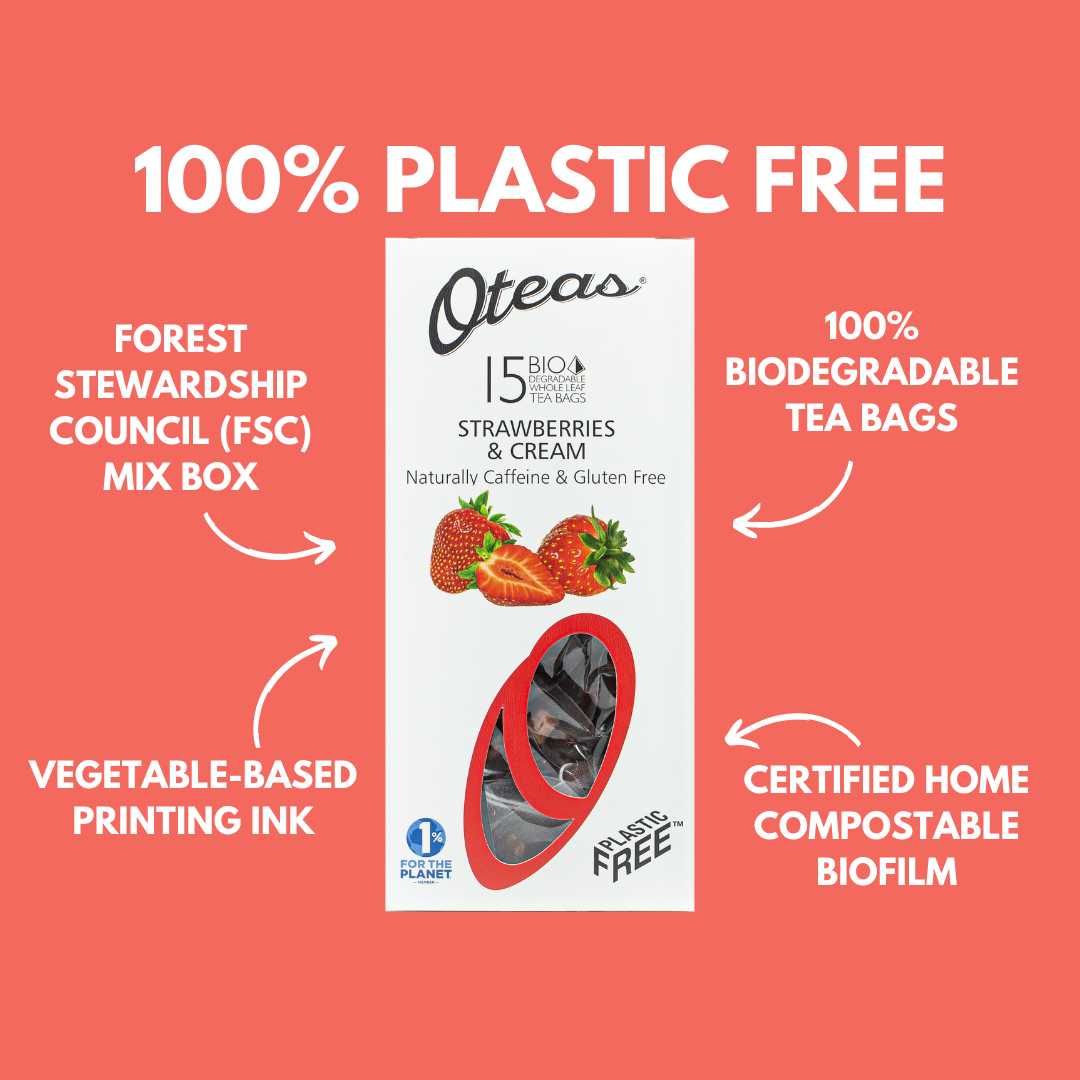
How To Keep Your Spring Cleaning Chemical-Free
Chemical-Free Spring Cleaning
It’s finally spring, which means many of us will be setting aside some time during the weekends to refresh our homes for the new season. Whether you’re doing a deep clean of every nook and cranny or just a general tidy to make your space feel as good as new, it’s important to recognize how you can also incorporate sustainability and eco-friendliness into your methods.
A good place to start is by donating any items you no longer need rather than throwing them out and replacing them with thrifted décor so as to avoid unnecessary production. However, it’s also important to consider the types of products you use to clean your floors and surfaces. Reaching for traditional sprays and scrubs might be all you know, but there are a variety of natural alternatives that are safer for you and for the environment while still being effective enough to make your home sparkle.
Why You Should Ditch the Chemicals
Ingredients such as triclosan, phosphates, and phthalates are shown to make their way into our air, aquatic habitats, and soil causing harm not only to us, but also the animals that we share this planet with. Chemicals like ammonia affect human tissue and can lead to breathing problems and skin irritation with prolonged exposure. Even the products you use to wash your laundry can have an effect on your physical health as chlorine is often a common ingredient that irritates the skin.
Just because these products are widely available doesn’t necessarily mean they are the best option when it comes to keeping your home clean. Being aware of what you put in your space and on your skin is vital in making a positive change.
Natural Ingredients That Are Alternatives to Chemical Cleaning Products
Making the conscious effort to choose less harmful products to clean your home benefits the health of your family as well as the health of our planet without having to sacrifice cleanliness. While it might be easier to pull a few of these harmful products off the shelves of your local grocery store, there are also a variety of natural and non-toxic products you can easily find that will help you keep your space clean.
A few of these healthier alternatives include:
- Baking Soda
Baking soda is a chemical compound known for its deodorizing and bacteria-killing abilities. It’s easy to find at any grocery store and you don’t have to worry about the kind of adverse effects caused by other chemical cleaners because baking soda is edible!
- Vinegar
Vinegar is another pantry staple and a common option for household cleaning because of its acidic properties. It’s great at eliminating grease and scum without the harsh smell and effects of chemical household cleaners.
- Lemon Juice
The incredible cleaning effects of lemon juice can’t go understated. Not only does it taste delicious on food and smell great, but it also efficiently gets rid of mildew and mold as well as removes stains from fabrics—a perfect alternative to harsh, toxic stain removers.
- Essential Oils
The benefits of essential oils have been recognize for centuries and continue to be a prime example that you can keep your home clean without resorting to harmful chemicals to do so. Not only do essential oils provide aromatherapy, but many of them have the ability to kill bacteria, clean dirty clothes, and even fight off unwanted insects, all while making your home smell great!
Keeping your house clean and bacteria-free doesn’t have to mean opting for harsh chemicals that harm you and the environment. Often times you have all the ingredients you need in your fridge to make cleaning products that are both healthy for your family and effective at removing dirt and stains. With just a bit of creativity and the drive to be kind to our planet you can create your own cleaning products with reusable packaging that is sustainable and healthy all year round!